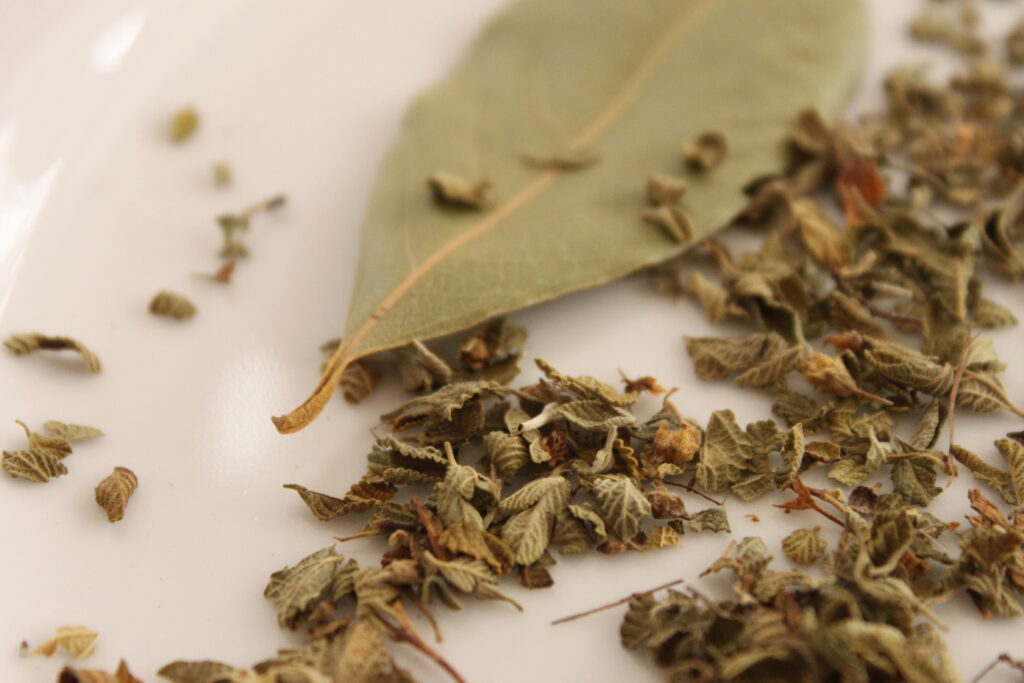Herbs play a crucial role in enhancing flavors and providing health benefits in global cuisines. The choice between fresh and dried herbs hinges on their unique characteristics. Fresh herbs, like basil and cilantro, boast higher vitamin content and vibrant flavors but have a shorter shelf life. Conversely, dried herbs, such as oregano and thyme, are more concentrated flavorwise and last longer, though they may lose some nutrients during the drying process. Fresh herbs are best for quick-cooking dishes, while dried ones suit longer cooking times. Understanding these differences can elevate meals while enhancing nutritional value.
Herbs 101: Fresh vs. Dried – When to Use What
Herbs have been an integral part of culinary traditions around the world for centuries. They not only enhance the flavor of dishes but also bring a bounty of health benefits thanks to their rich nutritional profile. When it comes to using herbs, a common dilemma arises: should you reach for fresh or dried herbs? Each form has its unique characteristics and applications, making it crucial to understand their differences, nutritional values, and appropriate uses in cooking.
Nutritional Value of Herbs
Herbs are packed with vitamins, minerals, and antioxidants, contributing to overall health. While fresh and dried herbs may share many of the same benefits, their nutritional content can differ due to the drying process. Here’s a comparison of some common herbs:
Basil
- Fresh Basil: Rich in vitamins A, K, and C, fresh basil contains essential oils that provide anti-inflammatory and antioxidant properties. It’s low in calories and adds flavor without contributing significant caloric content.
- Dried Basil: While dried basil retains much of the flavor and some nutritional benefits of its fresh counterpart, it has lower levels of vitamins. However, it is more concentrated, meaning a little goes a long way.
Oregano
- Fresh Oregano: This herb is loaded with vitamins A, K, and C, as well as calcium and iron. Fresh oregano is also known for its antimicrobial properties.
- Dried Oregano: In the drying process, oregano can lose some vitamin content but retains potent antioxidants. Dried oregano often contains more concentrated flavor, making it ideal for seasoning.
Thyme
- Fresh Thyme: This aromatic herb is an excellent source of vitamins C and A, iron, manganese, and fiber, promoting digestive health and boosting immunity.
- Dried Thyme: Dried thyme holds more flavor per teaspoon than fresh thyme and has a higher concentration of certain nutrients due to the removal of water content.
Cilantro (Coriander)
- Fresh Cilantro: This herb contains vitamin K, C, and E, copper, potassium, and magnesium, contributing to cardiovascular health and digestion.
- Dried Cilantro/Coriander Seeds: While dried cilantro (seeds) has a different flavor profile than fresh leaves, it still provides a unique set of nutrients and is often used in spice blends.
Parsley
- Fresh Parsley: High in vitamins A, C, and K, as well as folate and iron, fresh parsley is a powerhouse for many micronutrients.
- Dried Parsley: Dried parsley offers flavor and retains much of its nutritional value, but in a less potent form than fresh.
Fresh vs. Dried Herbs: Key Differences
Flavor
One of the most significant differences between fresh and dried herbs is the intensity of flavor. Fresh herbs tend to have a brighter, more vibrant taste, while dried herbs can often deliver a more robust and concentrated flavor. For instance, fresh basil can lend a sweet, peppery flavor that is less pronounced in its dried form.
Shelf Life
Fresh herbs have a much shorter shelf life, typically lasting just a few days in the refrigerator. On the other hand, dried herbs can be stored for months (sometimes even years) in a cool, dark place without losing their flavor. However, it’s important to note that over time, dried herbs can lose potency, making it essential to replace them regularly.
Nutrient Value
While both fresh and dried herbs provide health benefits, fresh herbs usually contain more vitamins, such as vitamin C, which can diminish during the drying process. However, many dried herbs contain higher levels of certain antioxidants, making them valuable additions to the pantry.
Culinary Applications
The choice between fresh and dried herbs often comes down to the cooking method and timing. Here are some guidelines on when to use each:
-
Fresh Herbs: Ideal for dishes that are not cooked for long periods (e.g., salads, salsas, or as a garnish). They are also perfect for finishing a dish, as their vibrant flavors and textures shine through when added just before serving.
- Dried Herbs: Best used in dishes that require longer cooking times, such as stews, soups, and sauces. Dried herbs have a stronger concentrated flavor that can permeate the ingredients during prolonged cooking.
How to Store and Preserve
-
Fresh Herbs: Wash and dry them thoroughly, then store them in the refrigerator. You can keep tender herbs like basil and cilantro upright in water (like a bouquet) covered with a plastic bag, or wrap stems in a damp paper towel and place them inside a plastic bag.
- Dried Herbs: Store in an airtight container in a cool, dark location, away from heat and moisture. Label containers and consider marking the purchase or expiration date for optimal flavor use.
Conclusion
Understanding the differences between fresh and dried herbs can elevate your culinary creations and bring added nutritional value to your meals. While fresh herbs are celebrated for their flavor and vibrant colors, dried herbs provide a convenient and potent option that can enhance the taste of your cooking.
In cooking, always feel free to mix and match based on your recipe’s needs, the season, and your personal preferences. With these tips in mind, you can confidently embrace the wonderful world of herbs, enriching both your nutrition and culinary experiences.
